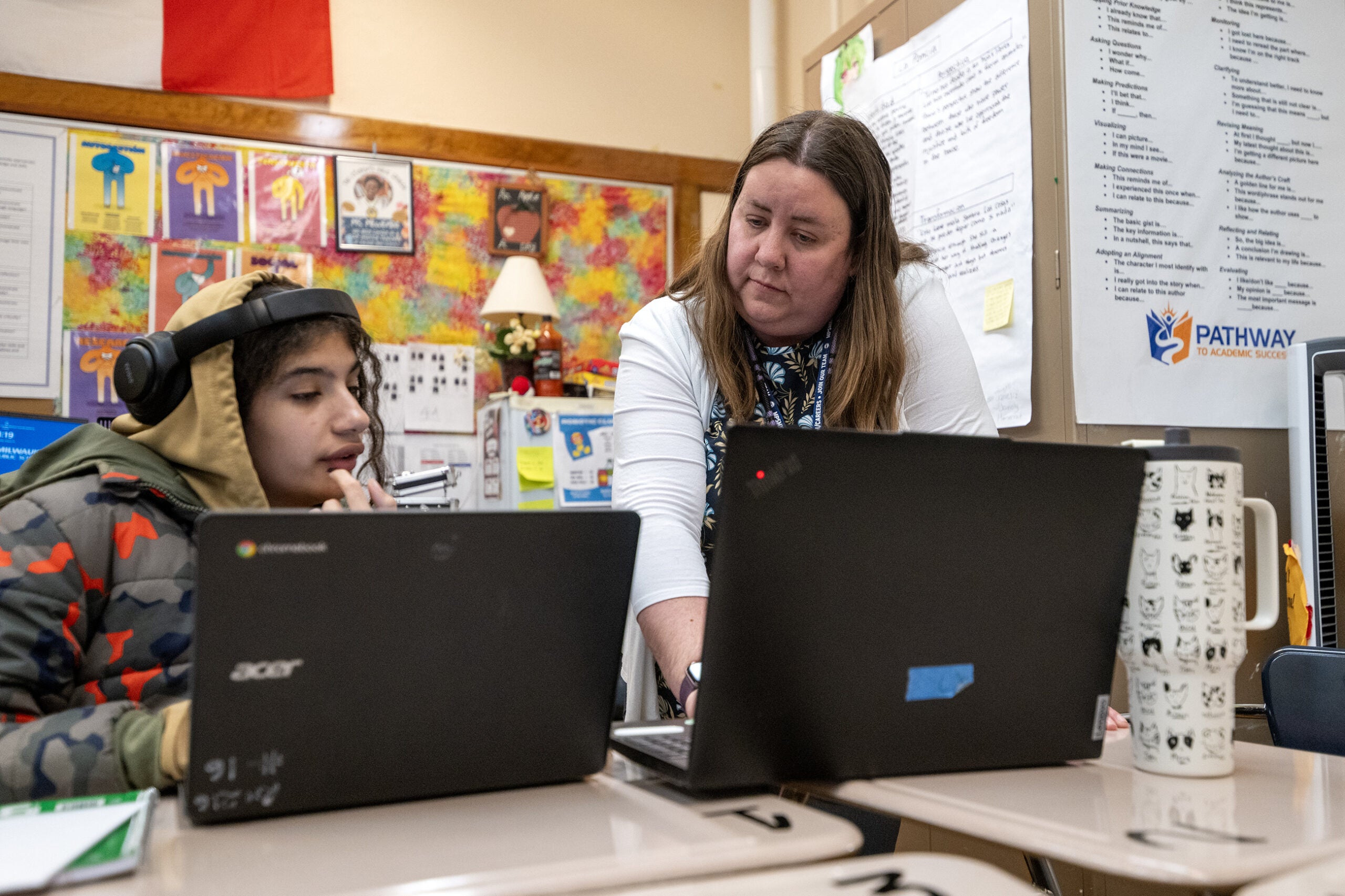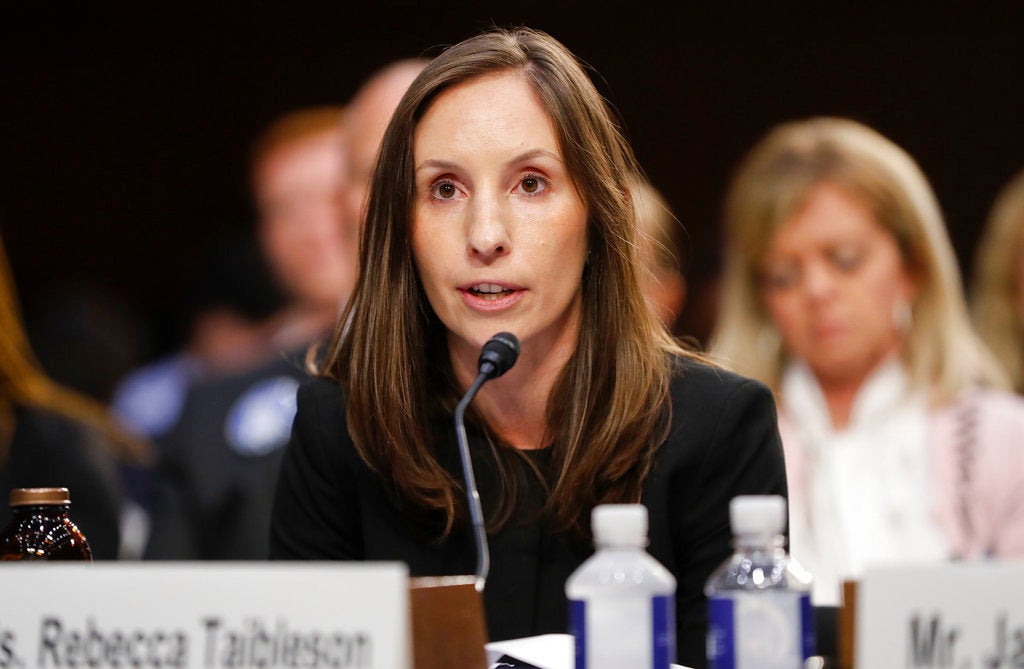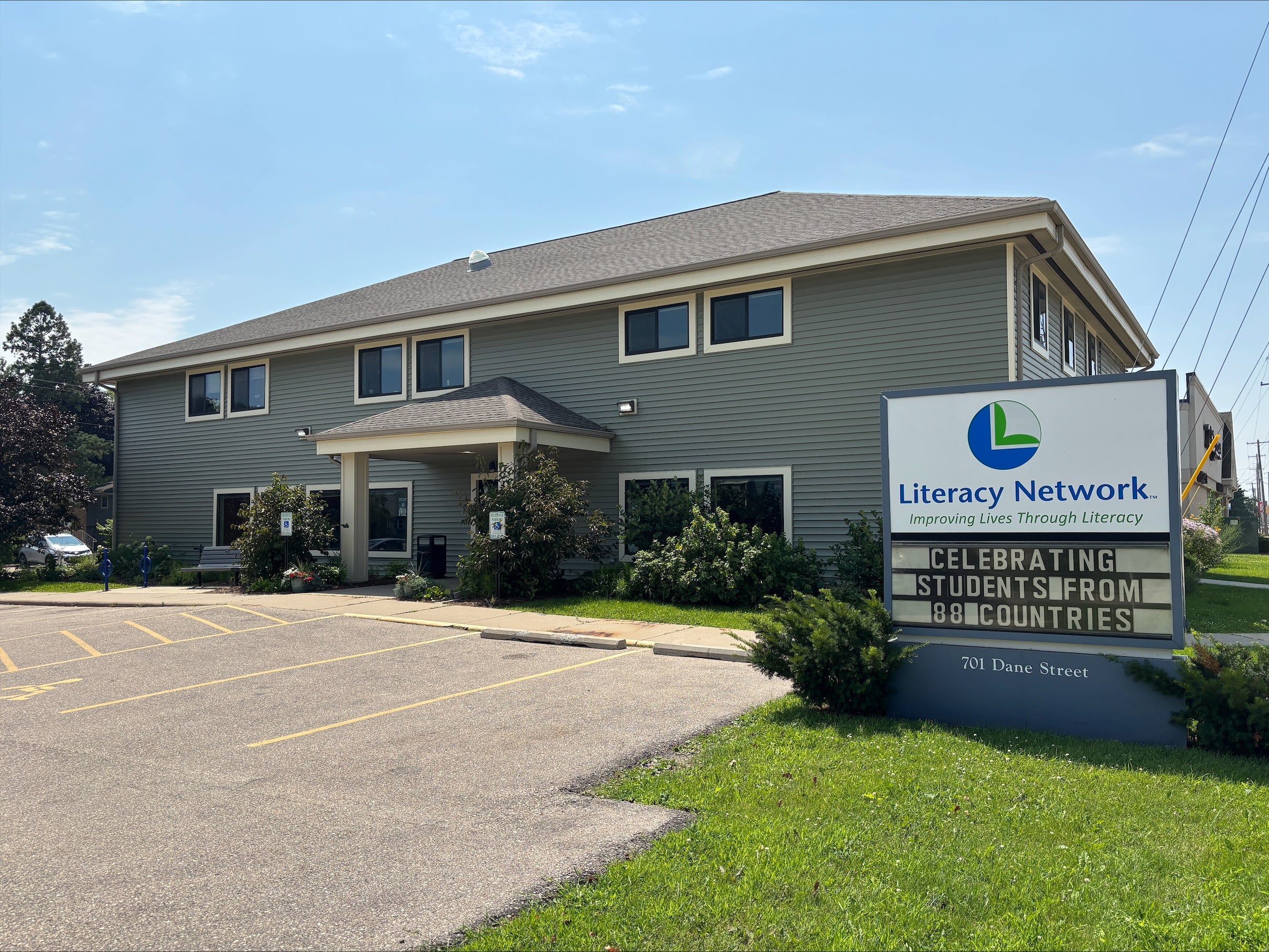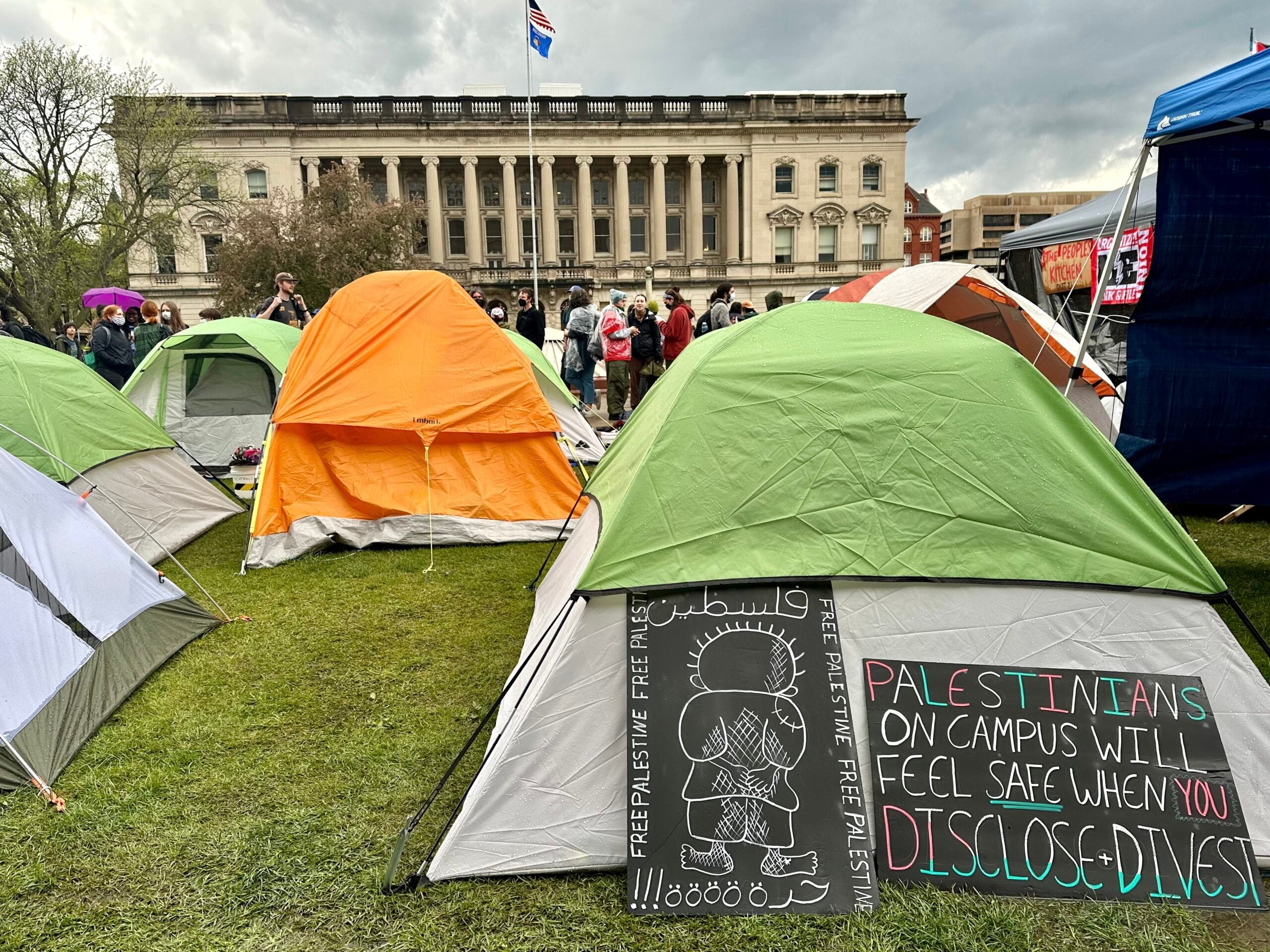President-elect Donald Trump continues naming his picks for key cabinet positions. We look at who is in the running, such as Milwaukee County Sheriff David Clarke, and who has been selected. The concept of free college tuition was floated during this year’s campaign season. We talk with an expert in higher education about what it would entail. And we cover a top news story of the day.
Featured in this Show
-
Sheriff David Clarke and Homeland Security
Milwaukee County Sheriff David Clarke could be President-elect Donald Trump’s pick to lead the Department of Homeland Security. A political reporter breaks down what we know about Clarke, and what changes could be coming if he gets the job.
-
A Look At President-Elect Trump's Cabinet
President-elect Donald Trump has announced the appointment of key positions in his cabinet, which includes Wisconsinite and former RNC Chairman Reince Priebus as his chief of staff. We talk to a political reporter about some of the people that Trump has already announced as members of his administration and what cabinet positions have yet to be filled.
-
Could Free College Ever Happen In The U.S.?
When Senator Bernie Sanders was running for the Democratic presidential nomination this year one of his biggest platforms was alleviating student debt, particularly in the form of providing free college tuition at public colleges and universities. While many people would like to see this happen, Chronicle of Higher Education Senior Reporter Karin Fischer says it’ll be a bumpy road getting to free higher education.
-
Free College Tuition Plans Now A Longshot, Says Education Reporter
As student debt grows throughout the United States, one of the biggest campaign promises from the Democrats that resonated with many voters was the prospect of free tuition at public colleges and universities.
U.S. Sen. Bernie Sanders made it one of his cornerstone issues during the Democratic primary, helping him recruit a younger voter base that eventually fell short of the nomination. He proposed a plan, College For All, that in part eliminated undergraduate tuition at four-year public colleges and universities, cut student loan interest rates and allowed for refinancing.
“If we are going to compete in the global economy, we got to learn something from countries like Germany and Denmark, Scandinavia,” Sanders said early on in the primary season. “Countries around the world that say, ‘You know what, for the future of our country, we need to capitalize on the intellectual capabilities of our people. They need to get the best education system regardless of their income.’”
But after Republicans went on to sweep the election and took a firm hold of the legislative pipeline, many are left wondering where college affordability legislation goes from here.
Karin Fischer, a reporter at The Chronicle of Higher Education, said large percentages of Americans support legislation that would provide more financial aid to students. She added that around 70 percent of college students graduate with $30,000 of debt on average.
Support for some version of a free college plan doesn’t simply fall on party lines, but instead breaks down more by generation, Fischer said.
“Frankly, the percentages of people who think that college affordability is a problem is far higher than a single party,” she said.
However, Fischer said it was the Democratic candidates who pushed college affordability plans to the forefront of their platforms. She added that president-elect Donald Trump and his Republican challengers spent little time talking about the issue either on the campaign trail or on the debate stage.
But those who hope the government will pass a free college tuition plan could still hold on to hope, Fischer said. Sanders will still push the issue in the U.S. Senate. Moreover, she added that the Federal Highway Act could be a model of inspiration for lawmakers.
That act created a partnership between the federal government and the states in the first half of the 20th century to help connect the largely piecemeal highway system that was unfriendly to long haulers and commerce.
“Likewise, we really don’t have a national higher education system,” Fischer said. “We have 50 state public higher education systems. So what are ways in which you can have both the state and federal government working hand in hand?”
But in today’s hyperpartisan political environment, Fischer said it’s likely many Republican governors would refuse to accept federal money for a partnership, much like how the wouldn’t accept funding for Medicaid expansion.
Episode Credits
- Rob Ferrett Host
- Veronica Rueckert Host
- Chris Malina Producer
- Haleema Shah Producer
- J. Carlisle Larsen Producer
- Daniel Bice Guest
- Edward-Isaac Dovere Guest
- Karin Fischer Guest
Wisconsin Public Radio, © Copyright 2026, Board of Regents of the University of Wisconsin System and Wisconsin Educational Communications Board.





